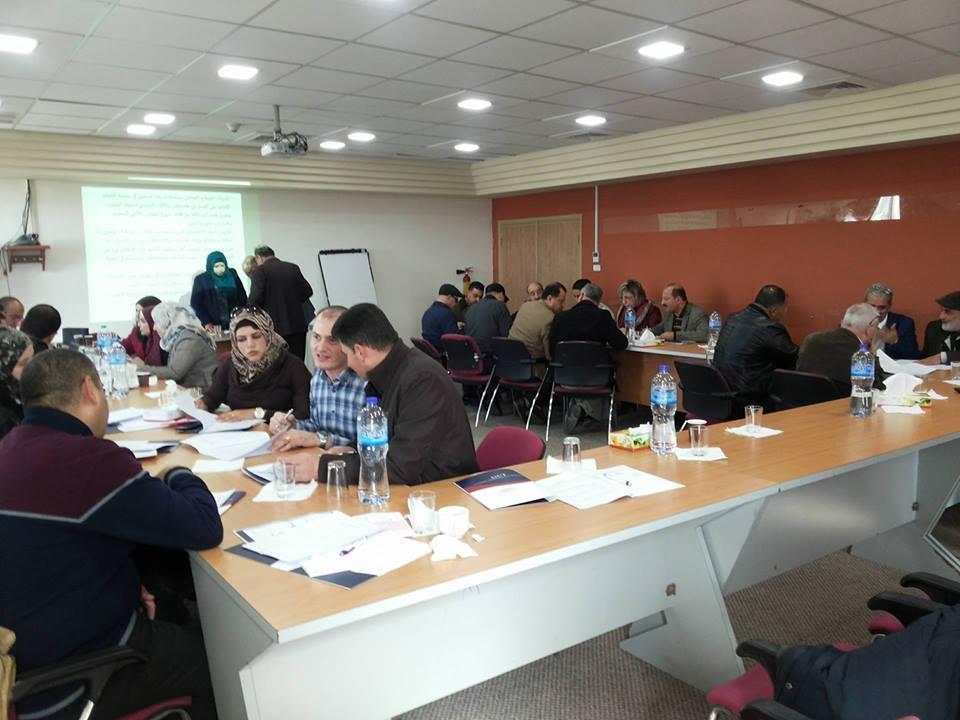TVET stakeholders discuss draft proposal on Work-Based Learning (WBL) Legislation
More and more Palestinian
students from technical and vocational education and training (TVET) follow
part of their training in the private sector. In recent years this practice is
rapidly gaining in popularity, as this hands-on training period provides them
with skills that are more relevant for the private sector than when they are
only trained inside their training centre or school and hence increases
significantly the chances of TVET graduates to find a job.
However, these traineeships in the private sector or work-based learning
(WBL) pose new legal challenges: What are the rights of the trainees? Who is
responsible in case of an accident in the workplace? Should the trainee sign an
employment contract? Should enterprises who employ trainees get any incentives
like a tax reduction? Should trainees be paid or receive pocket money?
In order to tackle these and other related legal issues, the Belgian
Development Agency hired a legal company to support the development of a legal
framework for work-based learning practices. This research
was done in close cooperation with the TVET stakeholders and the International Labor
Organization (ILO).
On the 9th
of January 2017, a final workshop was held to present the results of the legal
study and to discuss the legislative framework for work-based learning in
Palestine with the concerned stakeholders at the central and local level.
Representatives from the Ministry of Education and Higher Education, the Ministry
of Labour and the Private Sector as well as principals of TVET institutions and
company owners debated jointly the draft proposal and formulated their remarks
and propositions.
Detailed
discussion in the workshop resulted in some observations which will be integrated
in the final report of the legal expert.
Among others:
- Give people with special needs
priority in legal matters
- Agree on a common definition of a trainee
- Foresee compensation for unfair dismissal of the trainee
- Identify the party in charge of
the trainee’s insurance
Latest news from this project
No news

